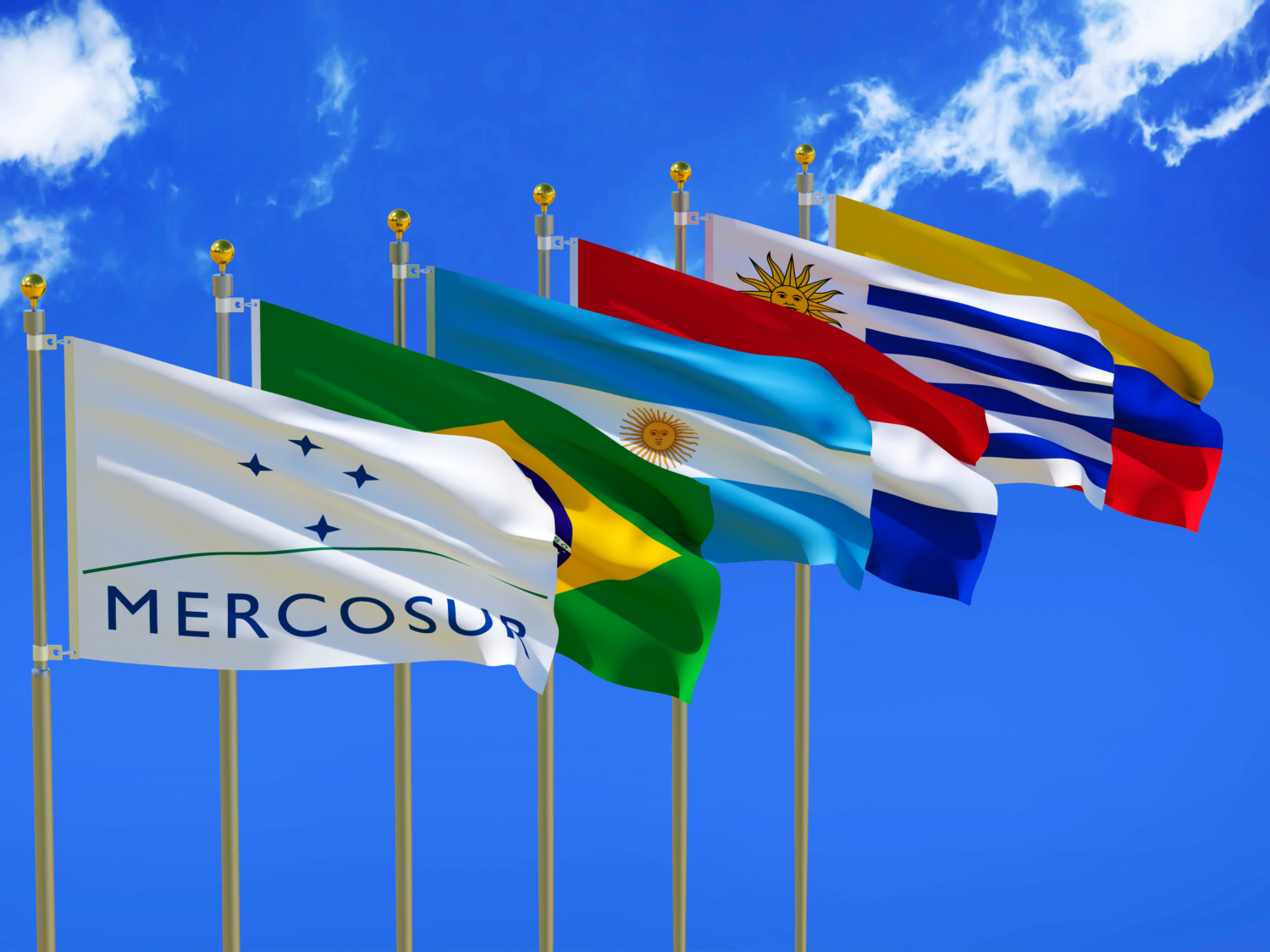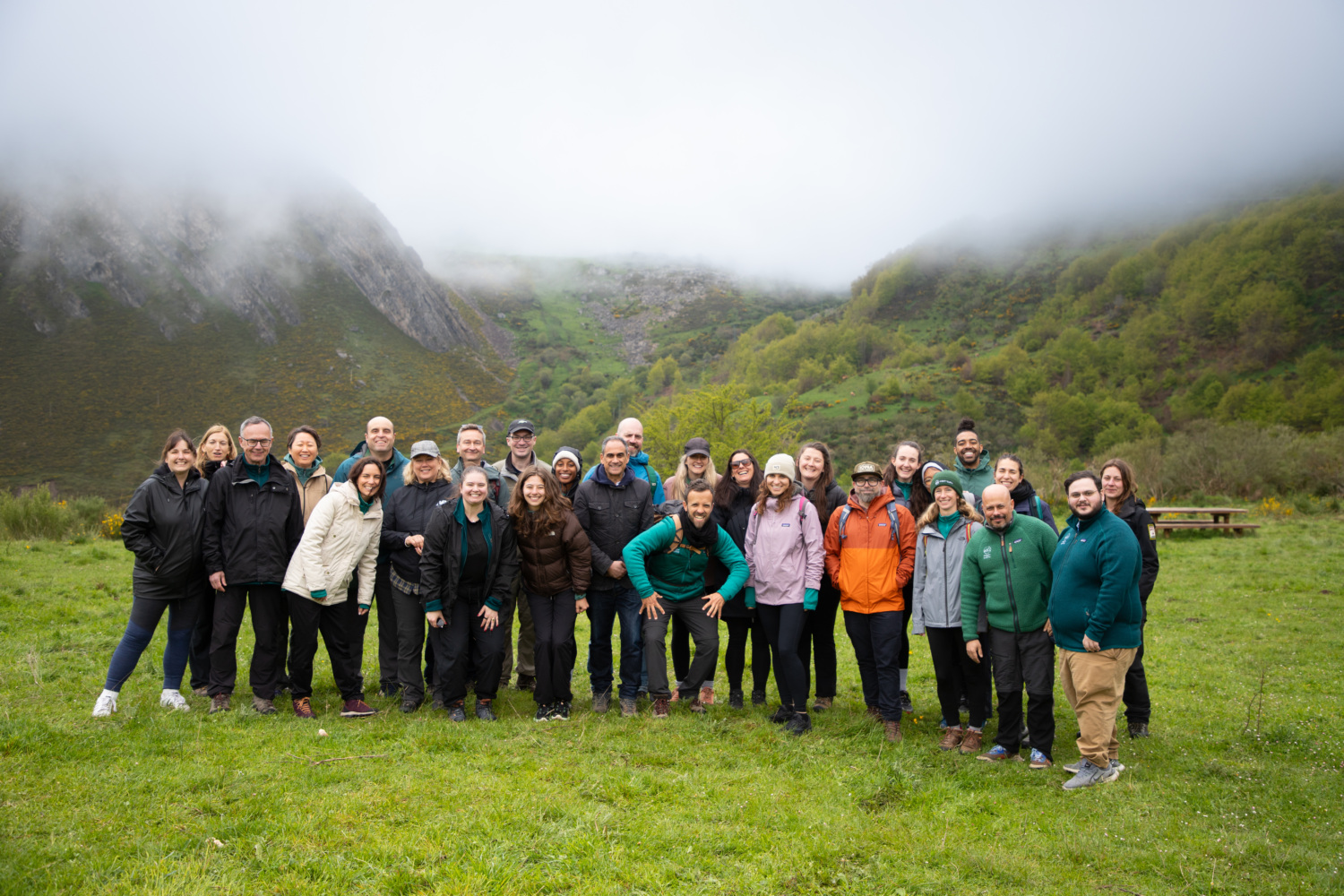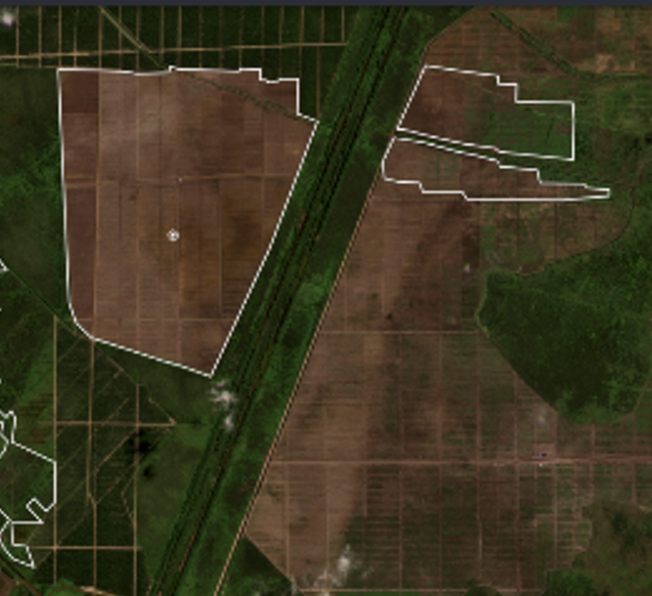
European Parliament votes for new deforestation law
The European Parliament today voted to strengthen proposals for a new deforestation regulation to help protect the world’s forests.
The draft law, initially put forward by the European Commission, will require companies to ensure that the products they sell in Europe are not driving deforestation or human rights abuses.
The Parliament voted to strengthen the draft law by widening the scope of agricultural and forest commodities to include natural rubber, maize and leather; extending the definition of “forests” to include other wooded lands (such as the Cerrado savannah in Brazil); and ensuring companies undertake due diligence with regards to upholding human rights and Indigenous peoples’ rights in their supply chains.
However, the Parliament’s proposals stopped short of addressing the impacts of EU consumption on other fragile ecosystems, such as wetlands, grasslands, and peatlands, and worryingly would allow large operators and traders to carry out their own due diligence checks rather than requiring independent third-party audits.
Commenting, Dr Julian Oram, Senior Director at Mighty Earth, said:
“It’s a massive success that the European Parliament today voted for amendments to the proposed deforestation law that, if adopted, will provide much-needed protection to forests and the people who live in and depend upon these precious places.”
“We particularly welcome the move by MEPs to align the EU’s deforestation regulation with human rights and the rights of Indigenous peoples under international law.”
“Adding natural rubber to the list of forest-risk commodities is also another significant step, as is putting additional measures on banks, financial institutions, and investors to ensure that their activities do not contribute to deforestation.”
“However, allowing big supermarkets, such as Carrefour, to do their own due diligence potentially leaves the door open for deforestation to continue to seep into EU supply chains. Europeans need to know that the food they buy is not laying waste to our planet’s precious forests. Progress today sets the timer on supermarkets to clean up their acts or face a ban on their deforestation-tainted products.”
Notes
- Today, with 453 votes in favour, 57 against and 123 abstentions, the European Parliament adopted its position on the proposal for legislation on imported deforestation that the European Commission presented in November 2021 in response to a historic demand from citizens and civil society organisations.
- The UN FAO estimates that almost 90% of deforestation is driven by agribusiness. The EU is the world’s second-largest importer of tropical deforestation and associated emissions and is responsible for at least 16% of deforestation associated with international trade, totalling 203,000 hectares and 116 million tonnes of CO₂.MEPs voted to recommend a cut-off date of December 31, 2019, meaning that any forest-risk commodity produced on land deforested after that date could not be sold on EU markets.
- Traders should be responsible for collecting and keeping information, ensuring the transparency of the supply chain of relevant commodities and products which they make available on the market. Large traders that are not small and medium-sized enterprises (SMEs) have a significant influence on supply chains and play an important role in supporting operators to ensure that supply chains are deforestation-free and should therefore have the same obligations as operators.” (AM 15)
- Other significant wins include:
- definition of environmental right defenders (AM103)
- proportionate penalties to environmental damage (AM188)
- obligation to restore the environment (AM189)
- publication of a public list with the name of companies who do not respect the regulation (AM194)


